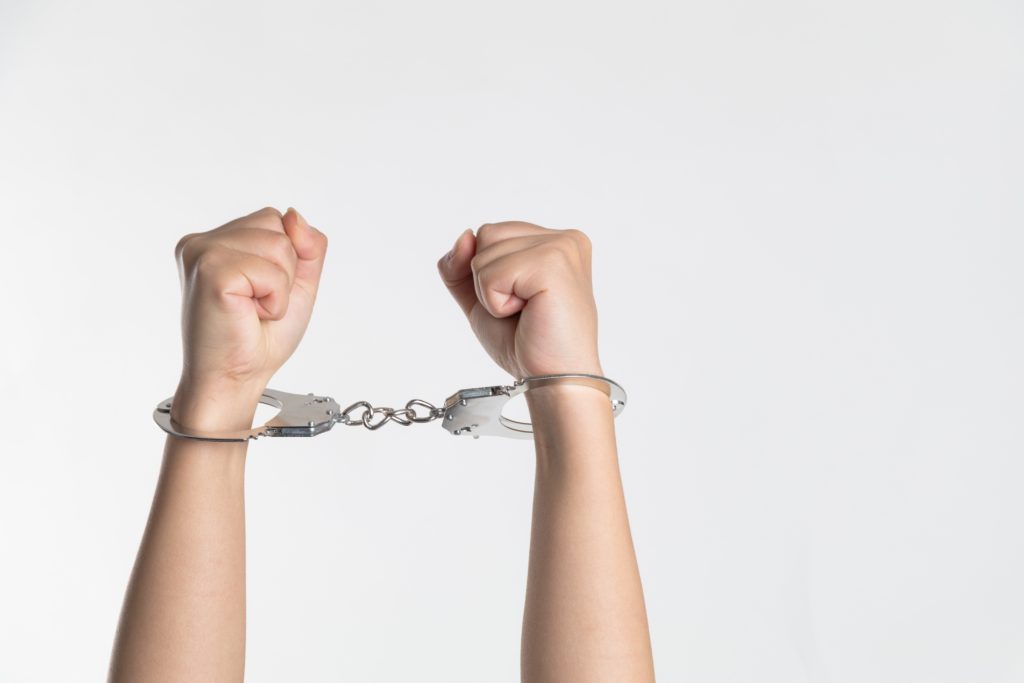Part 1 Part 2 Part 3 Part 4 Part 5 Part 6
In our working with this passage, so far we’ve covered just the first chapter, which sets the tone for the whole discussion. Today we’ll look at the rest.
As I noted in an earlier post, Paul lays down the basic principle in 1 Corinthians 8—since your brother’s spiritual health is more important than your personal freedom, you should sacrifice the latter for the former. In chapter 9, Paul uses himself as a personal example; in essence, he says, “I’ve sacrificed my rights for your benefit, so I’m not asking you to do anything I haven’t already done myself.”
In chapter 10, Paul gets more specific. Earlier I’ve said that Paul has agreed that the meat is fine, and that we are free to eat it. But that’s not really the whole story. The meat’s fine, indeed; but you’re not free to eat it in every circumstance. Here he gives three case studies—a no, a yes, and a maybe.
He begins by talking about worship (1Co 10.1-22). Remember how Israel fell into idolatry in the wilderness (1Co 10.1-15)? You can’t do that. You can’t participate in false worship, because worship matters, a lot. And you know about the Lord’s Table (1Co 10.16-22), right? Our worship means something to us too, doesn’t it?
All right, then. If your pagan friend is starting a new business, and wants good luck, and offers an idol sacrifice followed by a reception, you can’t go. Sure, the meat’s fine, but you can’t participate in false worship. Worship matters. A lot. That’s the “No.”
But the idol temple has opened up a little meat shop next door, where the priests sell off the extra meat. It’s good meat, at a good price. Feel free to buy it and eat it (1Co 10.25). That’s the “Yes.”
Now, suppose you have a neighbor invite you over for dinner. He serves steak. You don’t know where it came from, and, says Paul, you shouldn’t even care. Eat the meat (1Co 10.27).
Maybe.
Suppose there’s someone else invited to that dinner—another believer, in fact. He leans over to you, fear in his eyes, and says, “This meat has been offered to idols!”
What do you do then?
I’ll tell you what my instinct would be. I’d say, “Look, man, I understand your concerns. But this friend has invited us for dinner, and he’s lost, and I’ve been witnessing to him for years, and I’m not going to mess that up by making an issue out of something that shouldn’t even be an issue. I’ll talk to you about it later. But for now, trust me. It’s fine; eat the meat. Don’t be rude.”
And my instinct would be exactly wrong. 180 degrees wrong. Completely, backwards, wrong.
What does Paul say? Your brother’s spiritual health is infinitely important. Even though he’s mistaken, you look after him; you take care of him, even if that means being rude to your host (1Co 10.28-30)—and an unbelieving host, at that.
I don’t know of any culture where it isn’t rude to refuse an offered meal. You can try to lighten the offense, of course—“My friend, you have been so kind to us, and this meal looks delicious. I’m so sorry to have to tell you this, but I’m not going to be able to eat this wonderful steak, because I’m a follower of Jesus.”
But it’s still going to be rude. Maybe he’ll ask why, and that may open up a door for the delightful grace of the gospel. But maybe he won’t; maybe he’ll just think you’re a jackass.
But here’s the thing. Your brother’s spiritual health is worth that risk. It is. Paul clearly says so.
So love your brother. Even if an unbeliever thinks you’re rude. Even if a fellow believer thinks you’re a legalist. Because your brother, the very image of God, is absolutely worth it.
There’s a lot more we could say about all this. I’d recommend a book if you’d like to study the concepts further. And yeah, the book just happens to be by a couple of friends of mine.
This will be my last blog post here for a while. I’m taking a break from blogging here so I can concentrate on blogging for my summer team in Africa. I’d love to have you follow that adventure if you find it interesting. If you don’t, that’s fine; I’ll see you back here, Lord willing, later.



